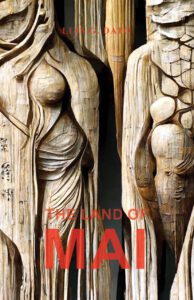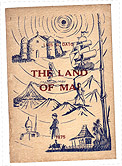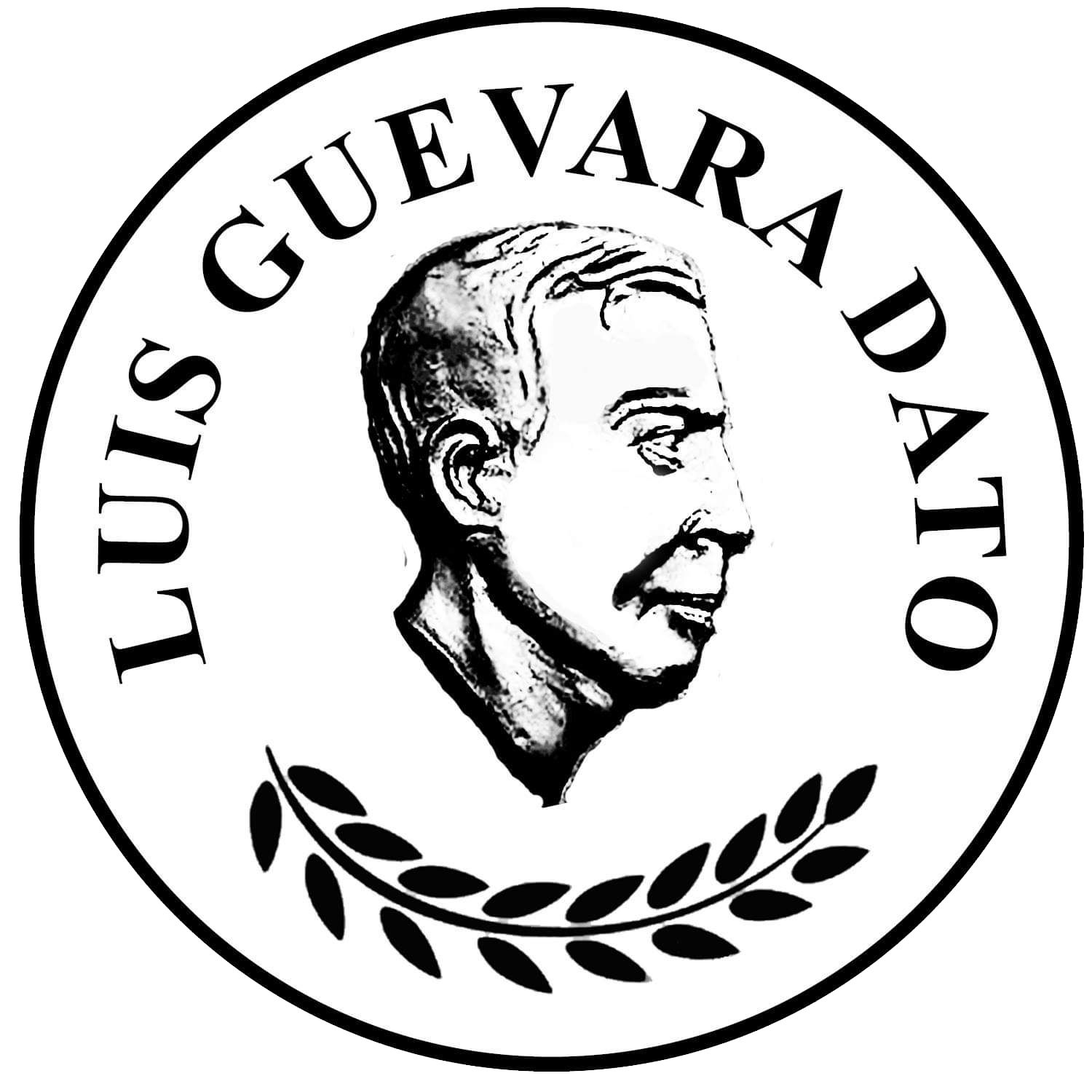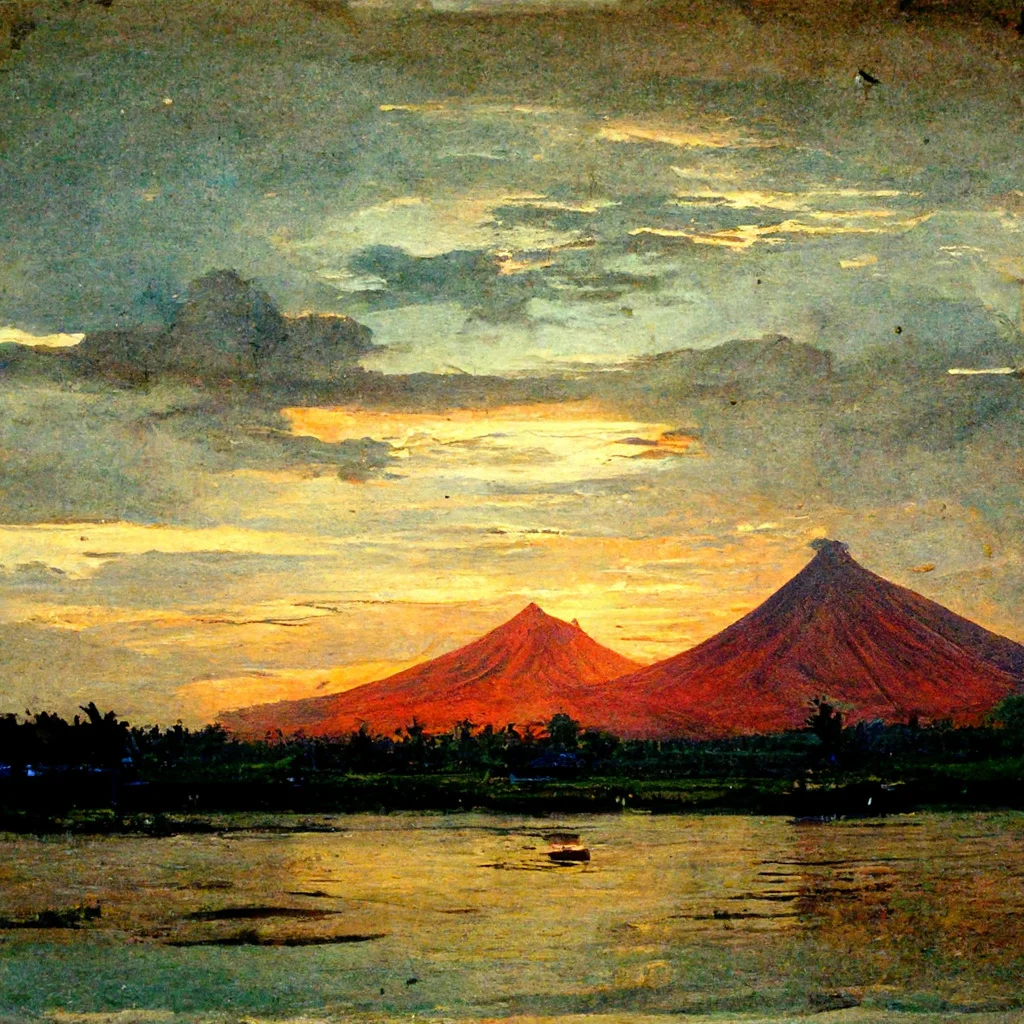The Land of Mai was first published by Luis G. Dato in 1975 in Iriga City. The Philippine epic — around 400 pages typewritten manuscript — has no rhyme, it has a distinctive 10-syllable meter. The following is the prologue of the book — to demonstrate the poetic narrative gift that was Luis G. Dato.

The Land of Mai — PROLOGUE
by Luis G. Dato
This work purports a history to be,
Political and cultural, of Mai,
Pretend its humble architect does not
The narrative to be exact, complete,
Or free far error in its views and style
And diction, as could be by some supposed,
As editors of Focus, magazines
That, under martial law, first hit the streets,
By now know well, who with rejection slips,
Had promptly cut his down to size, and gave
Their papers’ space to more “authentic” work,
Which of their judgment is an exercise,
Perspective, sense of values to reveal.
To write in borrowed language is no joke,
Neither to write when nearing seventy,
When Muses rather would sit by and doze
Than the Olympian heights attempt to soar.
And English is a language full of tricks
And traps that the unwary will beset
To foil his composition at each turn,
With use of the wrong word, or many words,
To make ridiculous what was sublime.
And while blank verse avoids handcuffs of rime,
That cramp his style, his range of thoughts,
The freedom gives no room for alibis
For lapses in the stringing of the words;
Excuses he has absolutely none
For flaws in handling Marlowe’s mighty line
Or Malay fumbling with a second tongue.
If by good fortune, we called upon
To read this history before a crowd
Whose time is in their hands, naught else to do,
We will not elocute. We do not speak
In English as Americans speak it,
Or as the Englishmen their native tongue.
English we speak as Malays whose own speech,
In accents, sounds, in vowels, consonants,
Most often varies from the Teuton tongues.
The “sh” we may learn to use, “th”,
And “z” and “x”, the various vowel sounds,
But use our mouth in speaking, not our nose.
But English we must have, it is the speech
Of olden times and of the future time,
A worldwide speech to weld the world as one
Forgetting all the barriers, all the wars.
Of Latin, French, tongue of diplomacy,
Displaced by neither Russian nor Chinese.
Follow its grammar, not its idioms all
Against the grain and texture of our speech.
English we borrow as a second tongue,
For our convenience, and to have rapport
With a world audience, mighty cultural stream,
Which Shakespeare, Milton, Byron joined,
And Keats and Shelley, Tennyson.
The voice we borrow, but not all of it,
And hold our language modes, and keep our souls.
In reference materials handicapped,
We had but Zaide’s history in hand,
From which most of the facts herein, and much
As well of diction have been freely drawn.
From Blair and Robertson, that monument
And arsenal of facts historical
And cultural about the Philippines,
The author, in the Bikol resident,
Completely was cut off, at starting time,
Perhaps, as well, when the last line is writ
Of the score thousand which he plans to write
(To give the subject ample coverage,
Although this is some four score thousand short
Of the Mahabharata, India’s tale).
To son, Reynaldo, he acknowledges
A debt of gratitude for moral aid,
Encouragement to spur the flagging will,
And doing the back-breaking typing work.
To Madame Sison of the UNC.
Executive Vice President, he owes
A debt of gratitude which a lifetime
Will not suffice enabling to repay,
For inspiration and encouragement
She gave to members of her faculty.
To Yabes, dean of critics, an old chum,
Albeit not intimate of U.P. days,
With whom he tangled once about Rizal,
On his translation of the Last Farewell,
He also gives acknowledgment and thanks
For words of praise, as well encouragement,
Which added strength this thankless work of love,
After ten (?) months at long last to complete.
Also to Sonia Regalario, who
The second and third drafts typed and retyped,
Back-breaking work! Through it she kept her form,
Wonder of wonders, she grew statuesque more!
And last but not the least, for dear Christ’s sake,
His wife, named after Him, who at nineteen
Was not hard to look at, by any means,
(How could he take the marriage vow for less?)
Who shared with his for the last two score years
The joys, the bitterness, flesh is heir to
In this the vale of shadow and of tears,
Whose daily care, and understanding heart
Have kept him in a state of health and mind
Conducive to the writing of this work,
He gives citation for a work well done,
And love and gratitude than death more strong,
The end result of all which was to make
This epic come to life – The Land of Mai.




[…] imagine the effort and time (and talent) lolo Luis devoted to his works. The original text of the “Land of Mai” Volume 1 is even included. After my mild stroke in 12th of June this year, encoding of these will […]
[…] imagine the effort and time (and talent) lolo Luis devoted to his works. The original text of the “Land of Mai” Volume 1 is even included. After my mild stroke in 12th of June this year, encoding of these will […]